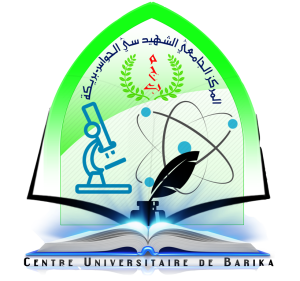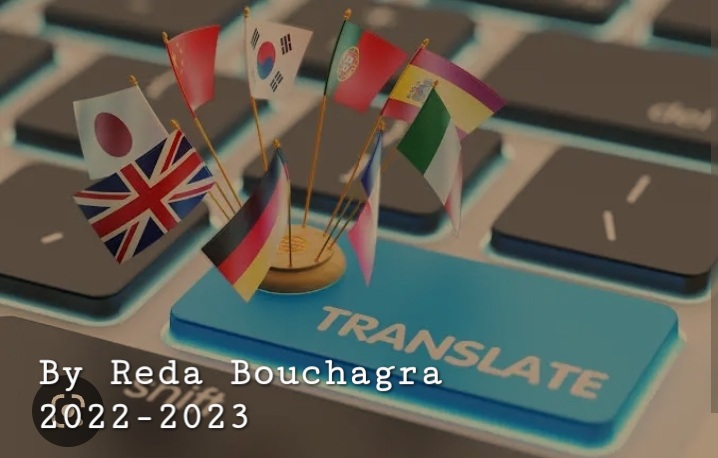
This module is an Introduction to Translation practices. It aims at equipping English Language students with the necessary tools to improve the understanding of other languages for the purpose of becoming researchers.Stay Tunned and you will like to follow this module.Mr BouchagraBibliography for further reading:Holmes, James S. (1972/1988). The Name and Nature of Translation Studies. In Holmes, Translated!Papers on Literary Translation and Translation Studies, Amsterdam: Rodopi, pp. 67–80.Munday, Jeremy. 2008. Introducing Translation Studies. London and New York: Routledge. p 4Cary, Edmond.1959. '"AndréiFédorov.Introduction à la théorie de la traduction." Babel 5, p19n.Munday, Jeremy.2008.Introducing Translation Studies. London and New York: Routledge. pp. 8Vinay, Jean-Paul and J.Darbelnet.1958/1995. Comparative Stylistics of French and English: AMethodology for Translation. Amsterdam and Philadelphia: John Benjamins.Nida, Eugene. 1964. Toward a Science of Translating. Leiden: EJ Brill.Catford, J.C., (1965). A Linguistic Theory of Translation. London: Longman.Levý, Jiří (1967). Translation as a Decision Process.In To Honor Roman Jakobson. The Hague: Mouton,II, pp. 1171–1182.Toury, Gideon (1995). Descriptive Translation Studies and beyond. Amsterdam and Philadelphia: JohnBenjamins.Lederer Marianne (2003). Translation – The Interpretive Model, Manchester: St. Jerome.Even-Zohar, I. (1990b) "Polysystem theory," Poetics Today 11(1): 9-26 LINKHermans, T. (ed.) .1985. 'The Manipulation of Literature: Studies in Literary Translation'. London andSydney: Croom Helm.Lefevere, A. 1992.'Translation, Rewriting, and the Manipulation of Literary Fame'. London and NewYork: Routledge.Reiss, Katharina (1989). "Text Types, Translation Types and Translation Assessment." In: Chesterman,Andrew (ed.) (1989). Readings in Translation Theory. Helsinki: Finn LecturaPym, Anthony. 2008. Exploring Translation Theories. London and New York: Routledge. 47
- Enseignant: Reda Bouchagra

This course is for Dr. DJARI's students.
- Enseignant: walid djari
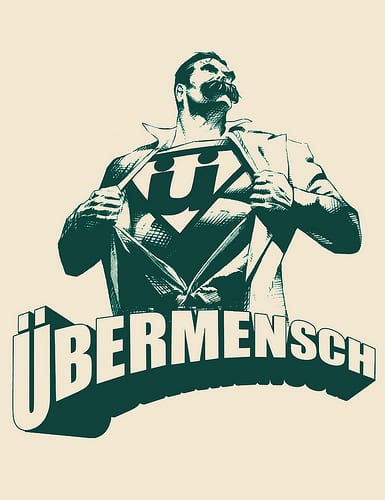
This course is designed for second year learners to pick up the required and most important skills to be a university student. These skills range from a module/subject to another, therefore, a wide ranges of subjects are covered.
- Enseignant: walid djari
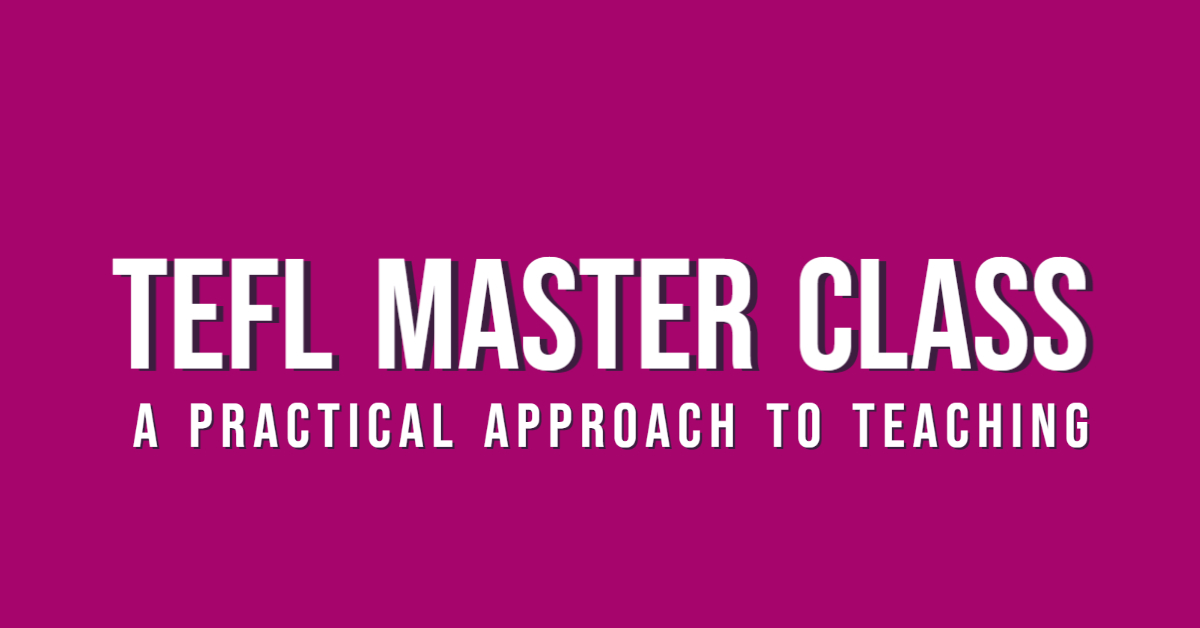
This Master 1 course is a practical approach to TEFL. Unlike other courses, this course focuses on getting the required knowledge from theory, its interpretation in practical terms, and how it can effectively be implemented in real-life teaching.
- Enseignant: walid djari
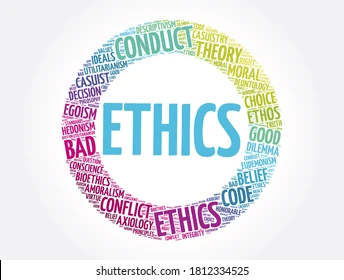
The current subject is created for Master One students whose speciality is didactics. It aims at introducing them to main concepts in ethics and deontology and all related issues. The importance of introducing such course's content is the need to know and master all the behaviors that can boost their performance as current learners and future teachers. Basically, four inclusive courses are introduced. This subject will last only for a whole semester and it will be replaced by another subject that treats almost the same issues.
- Enseignant: rahmani asma 1

- Enseignant: rahmani asma 1
